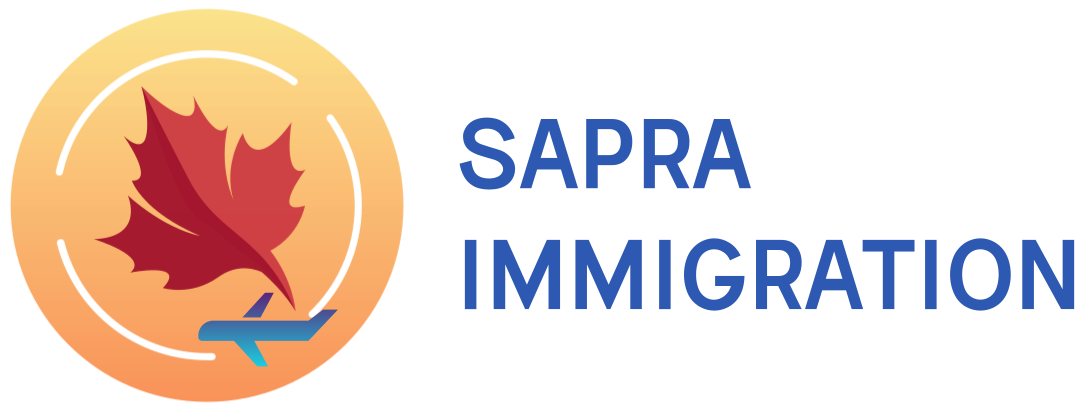
What is the Student Direct Stream (SDS)?
The Student Direct Stream (SDS) is a priority visa processing program designed to help international students from select countries receive faster study permit decisions when applying to study in Canada.
SDS is available only to legal residents of specific countries and requires additional documentation and upfront financial and academic readiness.
Who is Eligible for SDS?
You must be a legal resident (not just a citizen) of one of the following countries:
● India
● China
● Philippines
● Vietnam
● Pakistan
● Senegal
● Morocco
● Antigua and Barbuda
● Brazil
● Colombia
● Costa Rica
● Peru
● Saint Vincent and the Grenadines
● Trinidad and Tobago
SDS Application Requirements
To qualify under the SDS stream, applicants must meet the following criteria:
✓ Letter of Acceptance (LOA) from a Designated Learning Institution (DLI)
✓ Provincial Attestation Letter (PAL), if required by the province
✓ Proof of full tuition payment for the first year of study
✓ Guaranteed Investment Certificate (GIC) of CAD $20,000 or more
✓ Language test results:
○ IELTS Academic or General: Minimum 6.0 in each band
○ TEF Canada (for French): CLB 7 or higher
✓ Most recent secondary or post-secondary transcripts
✓ Upfront medical exam, if required
✓ Police clearance certificate, if applicable
✓ Apply online from outside Canada
Advantages of Applying Through SDS
✓ Faster processing: Most SDS applications are processed within 20 calendar days (IRCC target)
✓ Simplified documentation for eligible students
✓ Priority handling over regular study permit streams
✓ Stronger application profile, as financial readiness and academics are demonstrated up front
Note: SDS processing time is not guaranteed and can vary depending on application volume or background checks.
How Sapra Immigration Helps SDS Applicants ?
At Sapra Immigration Services Inc., we assist SDS applicants in every step of the process:
● College and program selection at DLI institutions
● GIC provider selection and setup
● SOP writing and documentation review
● Ensuring PAL, tuition proof, and transcripts meet IRCC standards
● Study permit submission under SDS stream
● Follow-up support for biometrics, medicals, and decision tracking
Start Your SDS Application
Today
If you are eligible for SDS, we can help you submit a strong, fast-tracked study permit application with confidence.
